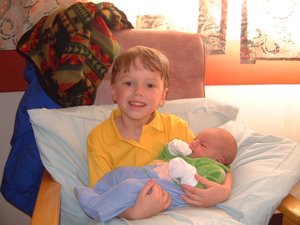 In my last blog on Stephanie Brown’s book A Place Called Self: Women, Sobriety, and Radical Transformation, I looked at what women can expect in early recovery, in particular in relation to their feelings. Stephanie goes on to look at the question, ‘How Do I Cope?’
In my last blog on Stephanie Brown’s book A Place Called Self: Women, Sobriety, and Radical Transformation, I looked at what women can expect in early recovery, in particular in relation to their feelings. Stephanie goes on to look at the question, ‘How Do I Cope?’
‘If you are like many other women in early abstinence, you feel inadequate, maybe even dumb. How did you get yourself into this predicament? And what do you do now? How do you stay away from your drug of choice and every other drug too? How do you focus on yourself one day at a time?…
How do you tell your family that you need to stop drinking and that you need meetings when they don’t think anything is wrong? Or when they’re so angry they don’t want to stick around while you get well. Most of all, how do you survive each moment and each day when the pain is so great and you are so scared?’
Stephanie goes on to liken a person in early recovery to a baby and later a toddler. We’ll look at the baby stage today and toddler stage in another blog.
‘The newly abstinent woman is very much like a baby in the sense that she doesn’t know how to stop her addictive impulses and behaviors; she doesn’t know what to do with her intense feelings, and she doesn’t know the words to express any of this. She often feels like a bundle of raw nerve endings, agitated and full of panic. Like an infant full of sensation, instinct, and impulse, she needs help. She needs instruction in simple, concrete terms about what to do next and time to learn how to take one baby step at a time.’
Stephanie emphasises the importance of forming a healthy attachment in early recovery. This attachment is the cornerstone foundation of new development. The person in early recovery needs a nurturing ‘parent’, just as a baby does for development.
‘Initially, the attachment may be a treatment programme, Twelve Step meetings, or a woman’s own concept of a higher power. This attachment is the foundation of healthy dependence and a healthy separate self. It is also the foundation of what will become a healthy spirituality. A woman lets go of her deep attachment to alcohol, of her relationship to her substance, and she shifts that attachment to abstinence and the resources that support it…
… The woman’s new attachment to recovery resources is not her partner, nor to anyone with whom she has a close, personal relationship (such as a family member or friend). She has to have a new primary dependency relationship outside of her family. And it is this new relationship to AA or other recovery resources that will offer her the “other” that will be her guide to new self-development.’


